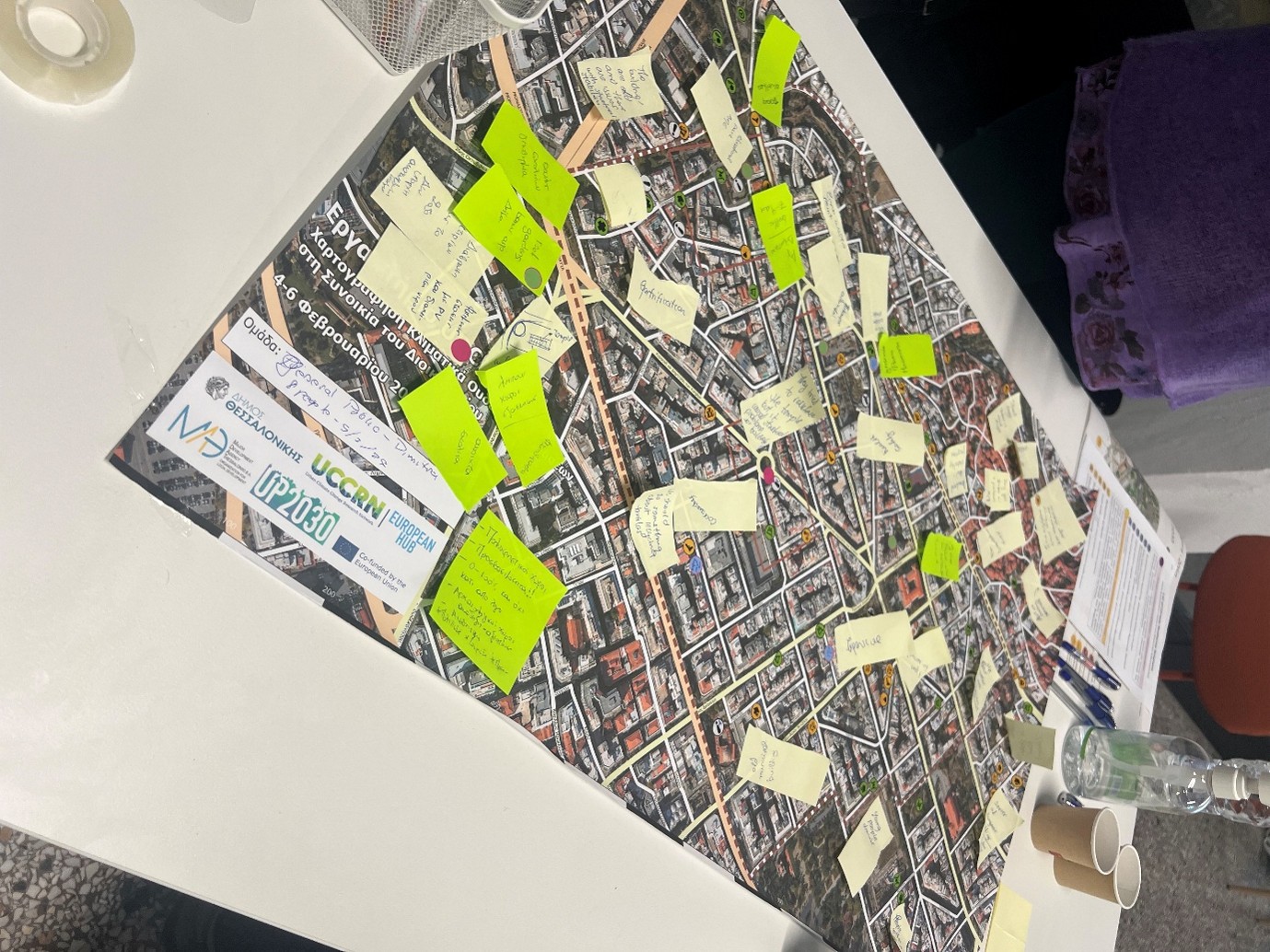
Thessaloniki, one of the pilot cities in the UP2030 HE project, has recently showcased its commitment to sustainable urban development through a series of participatory workshops. These workshops aimed to integrate local community insights with environmental objectives to create a greener, more accessible city.
The central objective of these workshops was to involve local actors - from residents to municipal officials - in the design of practical interventions that address both immediate community needs and long-term climate targets. These targets include reducing urban heat, cutting down CO2 emissions, and enhancing the city's green spaces.
The workshops were structured in three distinct sessions, each tailored to specific community groups:
- First Session: Focused on elderly citizens residing near Thessaloniki’s 10th open care center for the elderly. Discussions centered on enhancing urban accessibility and safety, vital for improving their quality of life.
- Second Session: Open to the general public, this session brought diverse perspectives into the planning process, ensuring a holistic approach to urban development.
- Third Session: Civil servants participated, discussing how to implement the community’s ideas effectively, ensuring that the strategies developed are feasible and sustainable.
Each session employed interactive techniques such as collaborative mapping and vision-building exercises. These activities not only facilitated a deeper understanding of the planning process but also ensured that every participant could contribute meaningfully. The workshops concluded with detailed summaries that outlined the discussions and established clear steps for future development.
The enthusiasm and engagement at the workshops highlighted the community’s commitment to transforming Thessaloniki into a model of urban sustainability. The discussions and outcomes from these workshops are now being used to guide the city’s development policies and projects.


